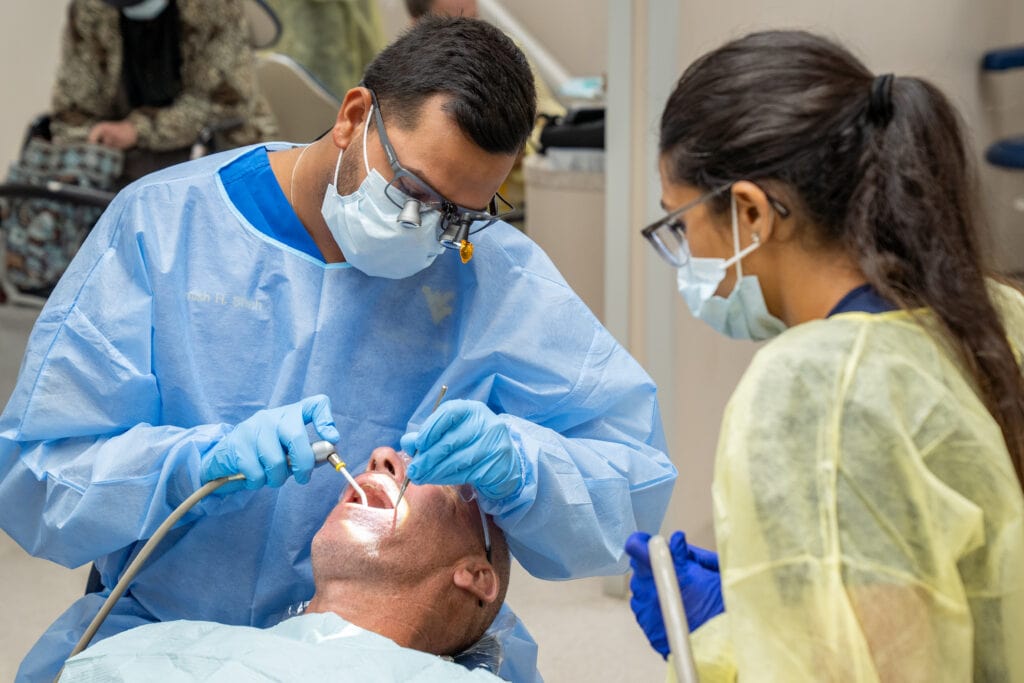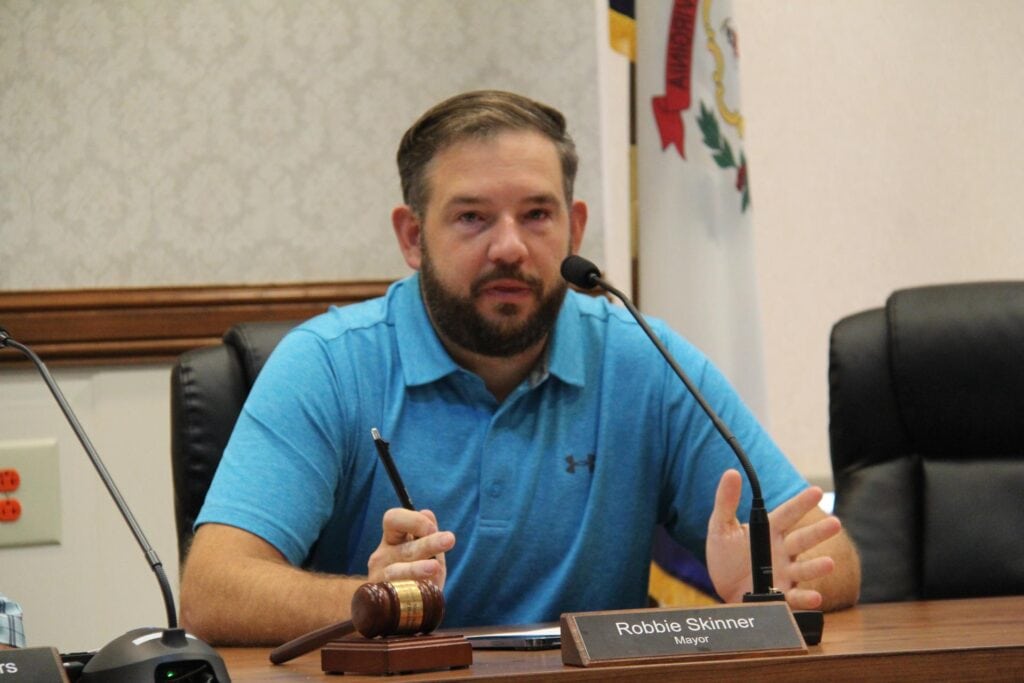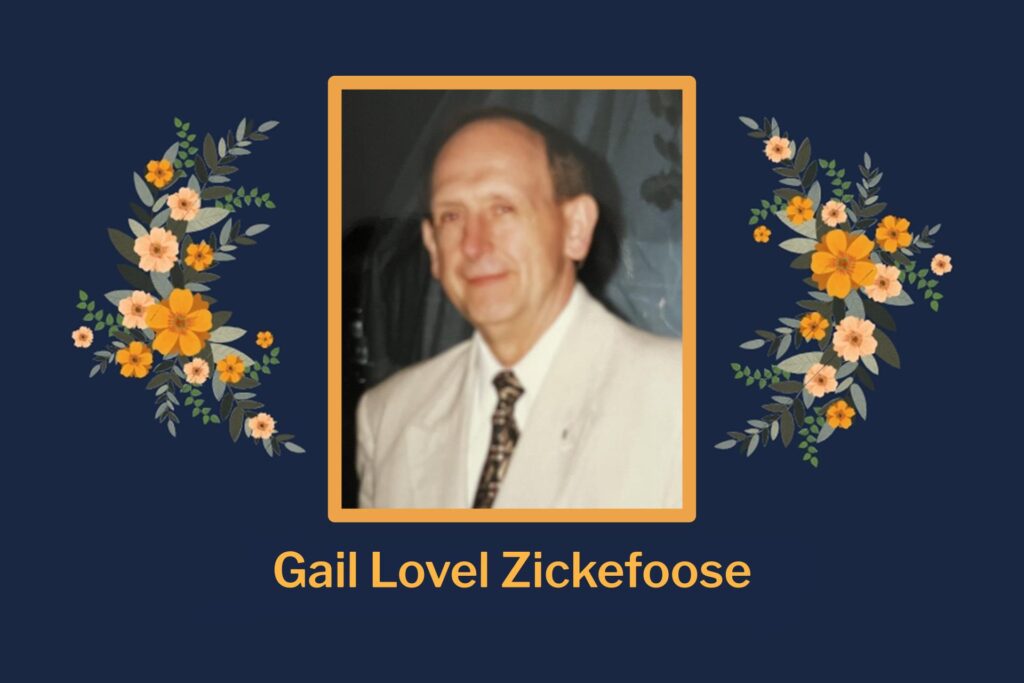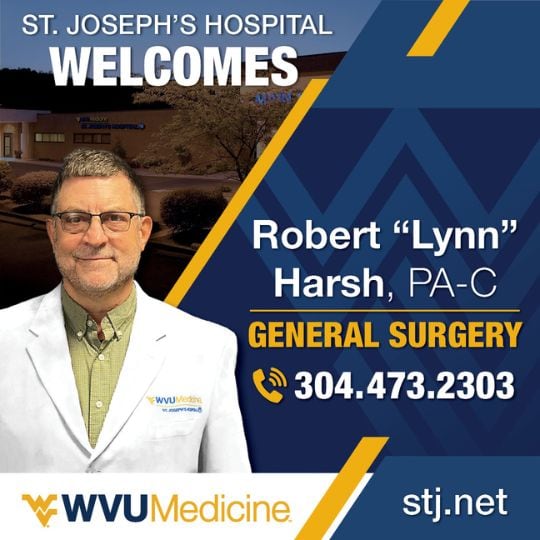MORGANTOWN — The West Virginia University School of Dentistry is upholding the University’s commitment to improve health care for West Virginians by creating opportunities for hands-on experiences that have contributed to an increase in practitioners choosing to stay in the Mountain State following graduation.
“Across WVU, we are coming together to fulfill our core mission to serve the residents of West Virginia by increasing access to care while discovering ways to better the overall health and well-being of our communities,” Dr. Clay Marsh, chancellor and executive dean for WVU Health Sciences, said. “The experiences provided to students in the School of Dentistry are helping to train the next generation of dental professionals to meet the needs of West Virginians.”
Of the students who begin dental practice following graduation, the number of WVU graduates deciding to start their career in West Virginia more than doubled from 19% to 41% with the Class of 2023, compared to the previous year’s graduates. Additionally, 40% of graduates who have chosen to continue their education have remained in the state and are completing a residency program at WVU. Each year, the Doctor of Dental Surgery program enrolls 48 students.
The increase of graduates staying in the state to practice is much needed as West Virginia experiences a shortage of dentists. The West Virginia Department of Health and Human Resources Oral Health Program reports 49 dentists per 100,000 individuals in the state compared to the United States average of 61.
“It’s imperative to the overall health of West Virginians that we train and retain high-quality oral health clinicians,” Dr. Valerie Perrine, School of Dentistry associate dean for student affairs, community health and outreach, said. “Retaining our graduates to address West Virginia’s dental provider shortage is a priority and we’re energized to continue this positive trend.”
A part of West Virginia’s only dental school, students in the Doctor of Dental Surgery program have unique opportunities to train using state-of-the-art technology, including digital radiography, dental simulation and electronic health records while also gaining experience in laser treatment and dental sleep medicine. Faculty, who are expert oral health care providers, guide students through a holistic approach and educate them to recognize the relationship between oral health and overall health.
The School’s mission to improve oral health by transforming students into clinically excellent, service-oriented practitioners, to provide exceptional patient care, and to discover solutions that reduce oral health disparities in the state, is also met through student participation in local projects and statewide initiatives.
Several efforts have been implemented to prepare students for direct patient care after graduation while also building community relationships, including a required rural rotation experience and a career fair for students to connect with practices from around the state.
Students complete a rural rotation in a private practice setting in West Virginia as a service-based learning opportunity that supports the School’s and the University’s mission of increasing access to care and retaining practitioners in rural parts of the state. The School collaborates with more than 90 dental offices that provide operatory space, patients and often a dental assistant for students during their rotation. This allows students to develop skills and learn about a dentist’s role in the community and the availability of care for low-income and underserved residents.
Students also complete community service projects through the Service Learning Program which help patients improve their oral health while teaching students to be active members of the community where they practice. These projects include working with shelters or day cares, volunteering at hospitals and nursing homes, and providing dental health education programs at health fairs and schools.
The WVU Institute for Community and Rural Health helps to connect students with rural and underserved populations. By coordinating opportunities in collaboration with the West Virginia Area Health Education Centers and providing information and assistance on financial incentive programs for Health Sciences students, the organization is providing pathways for graduates to practice in the state and advance patient care.
The state and federal government offer incentive programs for graduates who choose to practice in West Virginia. Incentive programs usually include financial assistance for graduates who agree to practice in a rural or underserved area of the state for a certain period of time.
“Empowering our graduates to become dental professionals in our state is a lifeline for our community’s oral health,” Perrine said. “Their commitment to serving locally is the cornerstone of a brighter, healthier West Virginia.”













